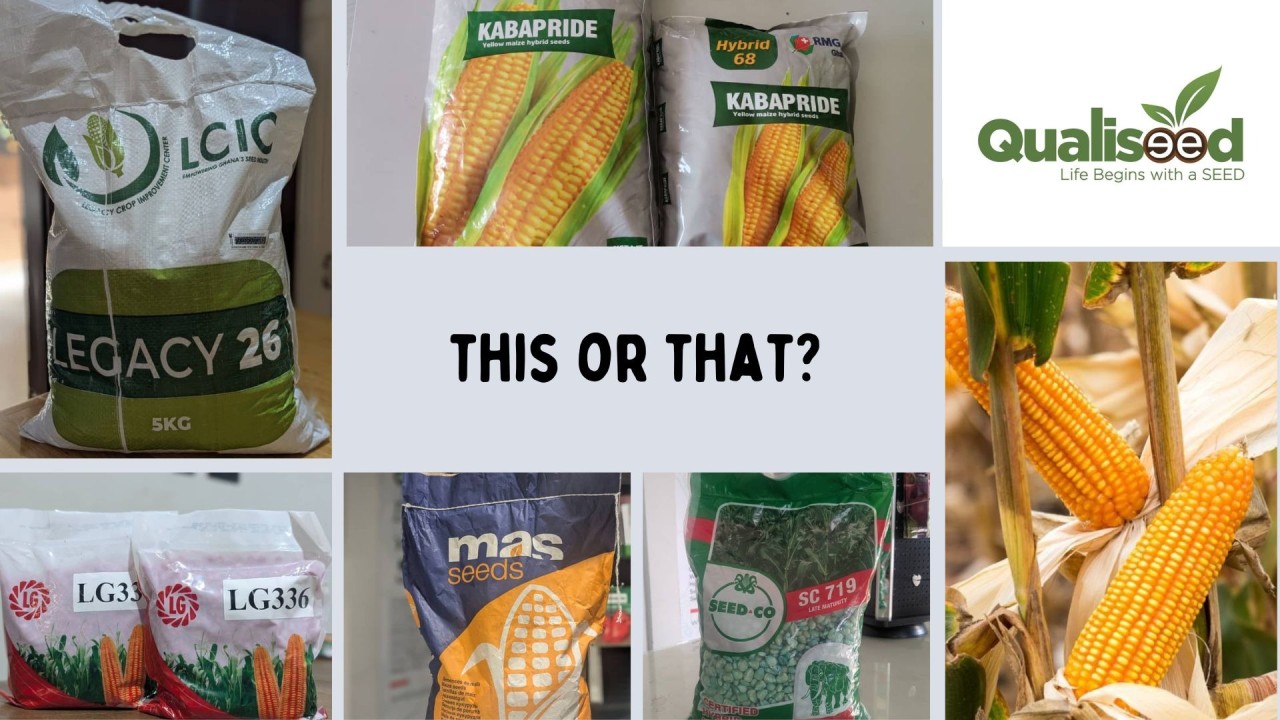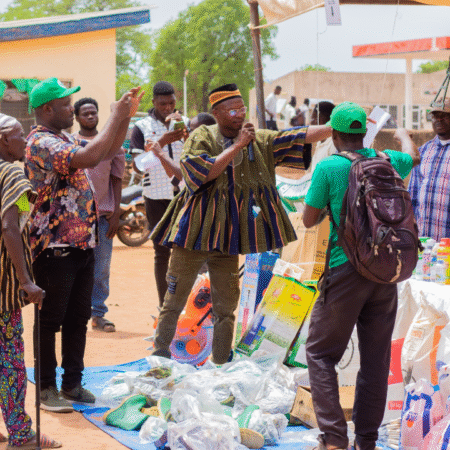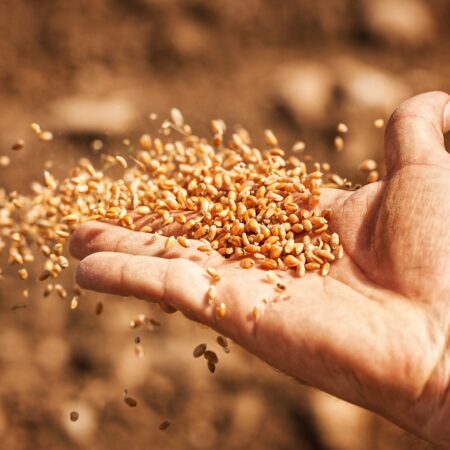
As a seed business owner and marketer passionate about transforming Ghana’s agricultural sector, I cannot stress enough how crucial it is for our maize farmers to choose the right seed varieties tailored to their local conditions. In my work with smallholder and commercial farmers across the country—from the Upper East to the forest zones of Ashanti—I’ve seen firsthand the difference that a well-chosen seed variety can make.
1. Know Your Agro-Ecological Zone
Ghana has diverse ecological zones, ranging from the savannah, forest-savannah transition, coastal savannah, to the rainforest. Each comes with unique climate and soil characteristics. What works in Techiman may not perform the same way in Ho or Tamale. For instance, early-maturing, drought-tolerant hybrids are best suited for northern Ghana, where the rains come late and end early. In the south, medium to late-maturing varieties with resistance to leaf diseases and lodging perform better due to more reliable rainfall and richer soils.
2. Think Drought Resilience
Climate change is real, and its effects are hitting our farmers hard. Drought periods are becoming more unpredictable, especially in the transition and savannah zones. Opting for drought-tolerant maize hybrids can safeguard your yields even in challenging years. Brands like Legacy 26 and Kabapride have proven reliable for many farmers, but even within these, there are other certified local varieties bred specifically to suit Ghana’s climatic conditions.
3. Align with Market Demand
Your maize should feed your pocket as well as the nation. Before planting, ask: Who am I selling to? For example, poultry feed manufacturers prefer yellow maize due to its nutritional profile. If you’re targeting processors like breweries or food companies, make sure the variety meets their grain size, moisture content, and color preferences. Grow maize that the market wants, and you’ll sell faster and at better prices.
4. Test Your Soil, Feed It Right
I recommend that farmers test their soil before planting. Maize is a heavy feeder, and without proper nutrient management, even the best seed won’t perform.
6. Buy Certified Seed—It’s Worth It
I understand the temptation to save costs by buying seeds from a neighbor or using recycled grain. But trust me, certified seeds are your safest investment. They’re tested for germination, purity, and vigor. Certified seed ensures uniform crop stand, early maturity, and reliable yields. Look out for seeds from trusted companies like QUALISEED LTD Legacy Crop Improvement Centre, M&B Seeds, and others accredited by the National Seed Trade Association of Ghana (NASTAG)
My Final Thoughts: Farm Smart, Not Just Hard
Maize farming in Ghana can be highly profitable, but only when it’s strategic. Selecting the right variety isn’t just about what’s cheapest or what your neighbor is planting. It’s about understanding your land, your climate, your market, and your goals. Let’s farm with intention. Let’s farm with knowledge.
If you need help selecting the right maize seed for your location or connecting with certified seed suppliers, feel free to reach out. As your seed marketer, I’m here to support your journey to higher yields and better incomes.


